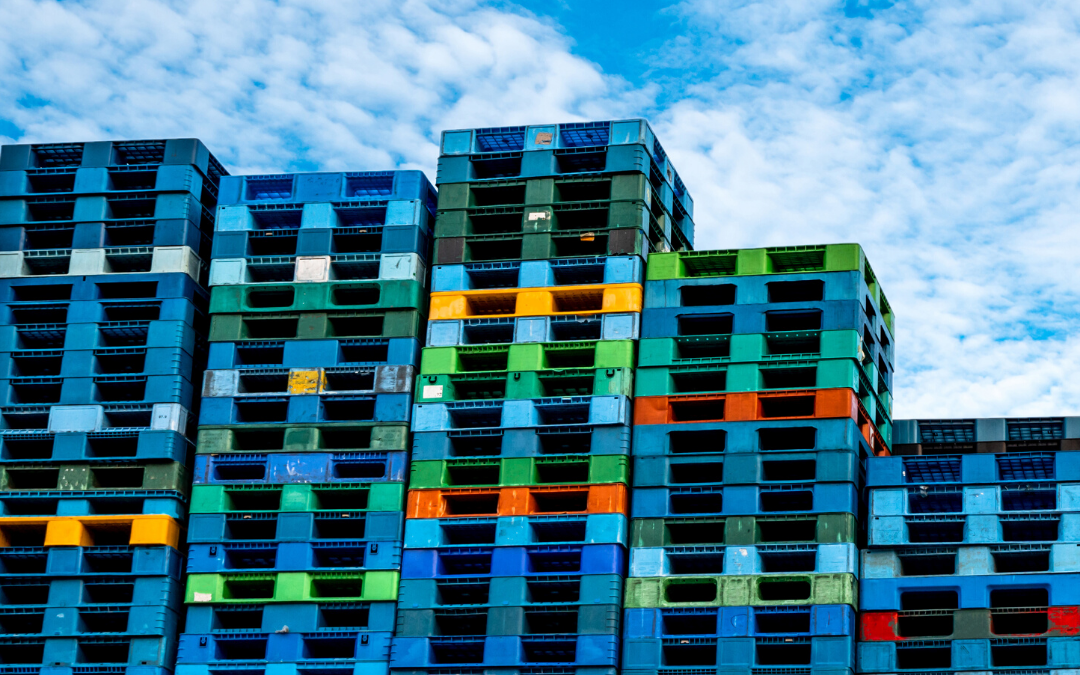Benefits of Plastic Pallets for the Food and Drink Industry
There’s no doubt that the food and drink industry is huge and that the supply chain connecting growers, manufacturers, distributors and retailers is incredibly complex. But really the entire infrastructure of this process relies on the humble pallet. Without this simple tool, transporting food and drink across the globe would be too inefficient to even think about.
Of course with food and drink shipments, hygiene is paramount to avoid potential contamination, which has led to the suggestion that plastic pallets for the food and drink industry is most desirable. This is after decades of using wooden pallets as standard for almost every industry, so why are we preaching for plastic?
Plastic pallets for the food and drink industry
1. Plastic pallets are typically lighter than their wooden counterparts, meaning they’re easier to handle and transport and add less weight to a shipment. And who DOESN’T want lower fuel costs?!
2. Plastic pallets are more hygienic. Although wooden pallets have many many advantages, when it comes to hygiene, there is no beating the plastic pallet. Wood is quite simple a breeding ground for bacteria including E.coli and Salmonella. Plastic, however, is immune to both of these as well as fungi. Minimising contamination risk for food and drink shipments is always a smart idea!
3. Plastic pallets are far more durable than a wooden pallet. The durability of plastic is no secret, but it’s not all bad. Plastic pallets are constructed to sustain heavy-duty loads, meaning they’re less likely to break during transit, and will last a lot longer than their wooden counterparts.
With food and drink shipments generally being pretty heavy, investing in pallets which can sustain these weights for longer is a great decision. Not only are your items more secure, but you’re also reducing costs in the long run by minimising the need to replace damaged pallets.
4. With plastic pallets, there are no nails. Why is this a benefit for the food and drink industry? Just imagine a loose rusty nail punctures your load. Contamination risk, anyone?! Choosing a plastic pallet for food and drink shipments is a safer bet, with no nails or splinters insight.
5. Plastic pallets can be easily cleaned and sanitised. With a simple wash between uses, a plastic pallet can be sanitised incredibly easy. On the other hand, wooden pallets require heat treatment to avoid vulnerability to bacteria and possible contaminations. Although PR Pallets heat treat all of our wooden pallets which you can read about here.
So there are 5 reasons why plastic pallets are best for the food and drink industry. What are your thoughts?!


Recent Comments